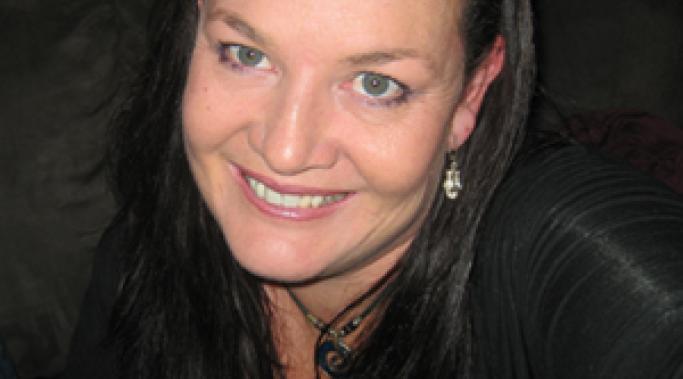Blogs
The purpose of gaslighting is to destroy your sanity, and thereby gain control over your ability to perceive the truth. Your abuser does not want you to believe your perceptions. They want you to believe their version of reality. Gaslighting is the art of making someone else believe ridiculous lies; gaslighting is designed to destroy your sanity. And it works.
Accepting the diagnosis of mental illness can seem impossible. It hurts. It can shatter the sense of self you have acquired throughout your life. Pre-diagnosis, you might have felt that your personality was acquired, hard fought. You don't want to be anyone but you. Accepting you have a mental illness is initially terrifying.
When I heard the coroner’s report on Amy Winehouse’s death being linked to alcohol poisoning, I wasn’t shocked but I was indeed saddened all over again. Amy Winehouse was, no doubt, abusing and struggled with an addiction to both alcohol and drugs. Considering this, I think it's important to address binge drinking, alcohol poisoning, and how tolerance to alcohol plays a role in being at risk for addiction, as well as a reason for continuing to drink despite consequences.
The Mystery
Schizophrenia has been an enigma throughout the ages. I have experienced firsthand the alternate realities and monsters that lie deep within the bowels of psychosis. Through a multifaceted approach of medication, the treatment of a sleep disorder and lifestyle changes I have, at least temporarily, been able to ward off the terrifying demons of one of medical science's most feared and misunderstood illnesses. This brings me here, to try to explain the mystery that has eluded so many throughout the ages.
I can always stand to lose a few pounds. I love food and may easily drift into an increasingly sedentary lifestyle without realizing it until my body aches with disuse and my jeans are too tight. Lately I’ve been practicing what I now recognize as a kind of Health at Every Size (HAES) approach.
"Everything happens for a reason; often it’s a very bad reason." Taz Mopula
Lord Chumley Frampton, Dean of Statistical Analysis at Basingstoke University, stunned the mental health community recently by announcing that his team of researchers had located a quantifiable connection between mental illness and bad luck. While a relationship has been suspected for decades, Lord Frampton is the first to isolate it.
Sure, it's not the story you usually get in the media: Someone with a diagnosis of schizophrenia or schizoaffective actually has a life. This person loves, works, contributes, has useful skills - and is an active participant in his/her own treatment.
But in the NY Times this week, Benedict Carey's article is there on the front page: Lives Restored:A High-Profile Executive Job as Defense Against Mental Ills.1 Keris Myrick, 50, the chief executive of a nonprofit organization, has found ways to manage her illness - and thrive.
Will this happen for my son, Ben? I don't know - but I can hope. I can't expect, but I will dream. For, right now, there is progress in his life that I hadn't dared to dream about even one year ago.
Many people with borderline personality disorder (BPD) have experienced traumatic events. Recently, my therapist and I decided to work on some of the trauma I've faced in my life. Short version: it didn't go well. I began having horrific flashbacks, strong urges to self-injure, and was irritable. We agreed that we should stop talking about the trauma for a while and focus on mastering coping skills.
It took me a while to realize it's not a failure on my part. Sometimes, the healing process can do more harm than good.
I've been having a really hard time. Immobilized with depression. Frozen in time and agony. The pain of blinking keeping me weeping sporadically throughout the day.
And so today I am angry. Oh sure, I'm depressed too, but I'm also largely angry. I'm hateful. I hate everything from people to stoplights to walking to moving my eyeballs. I'm just angry that I'm alive.
But I have chosen this anger. I have chosen the anger over the depression because it is more useful. It's better to hate everything because hate comes with energy, depression does not.
Part of mental health self-care involves identifying potential triggers and avoiding them or, at the very least, preparing for the impact they may have on your life. Those of us who have a mental illness have a harder time adjusting to life changes: relationships, starting a new job or losing an existing one, changing locations, the loss of a loved one. It is ironic, but positive life changes can also have an adverse influence on mood. It's hard to find balance among all of the different cards that life deals us, but it's crucial to be able to distinguish circumstantial stress from signs and symptoms of relapse.








